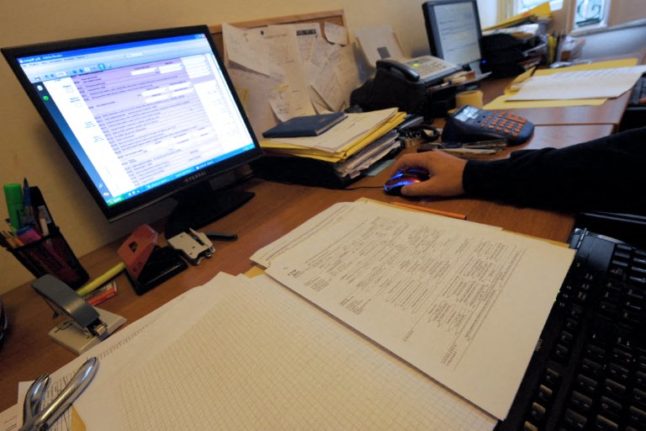Italy last week announced a raft of tax-cuts worth €18 billion as part of its budget for 2015, aimed at reviving the country’s sluggish economy.
€5.0 billion has been set aside to reduce an unpopular regional labour tax (Irap), while €1.9 billion will go towards tax breaks for companies hiring new staff on full-time, long-term contracts.
In an interview with Rai, Finance Minister Pier Carlo Padoan said the measures could create 800,000 jobs and encouraged companies to “now invest and create jobs”.
While tax cuts can have a positive impact on the economy and job creation, especially in times of uncertainty, “fiscal stimulus does nothing to resolve structural economic issues or raise the long-term growth potential of the economy," Christian Shultz, a senior economist at Berenberg Economics in London, told The Local.
"It does create public debt, which will need to be repaid,” he said.
The budget, which is awaiting EU approval, also included an extension of an €80-a-month bonus to people on low incomes and families with new babies.
“Instead of investing, companies and households may take the money and save in order to pay for the inevitable future taxes,” Shultz said.
Italy’s President Giorgio Napolitano is expected to sign the budget bill on Monday, Ansa reported. It will then go to a Lower House committee to begin its procedure through parliament.
Shultz added: “If the tax cuts are not accompanied by reforms that improve the long-term growth potential, in Italy’s case in particular a serious labour market reform, and the long-term health of public finances, by reducing expenditure, the risks are high that fiscal stimulus will end up as a costly flash in a pan."



 Please whitelist us to continue reading.
Please whitelist us to continue reading.
Member comments